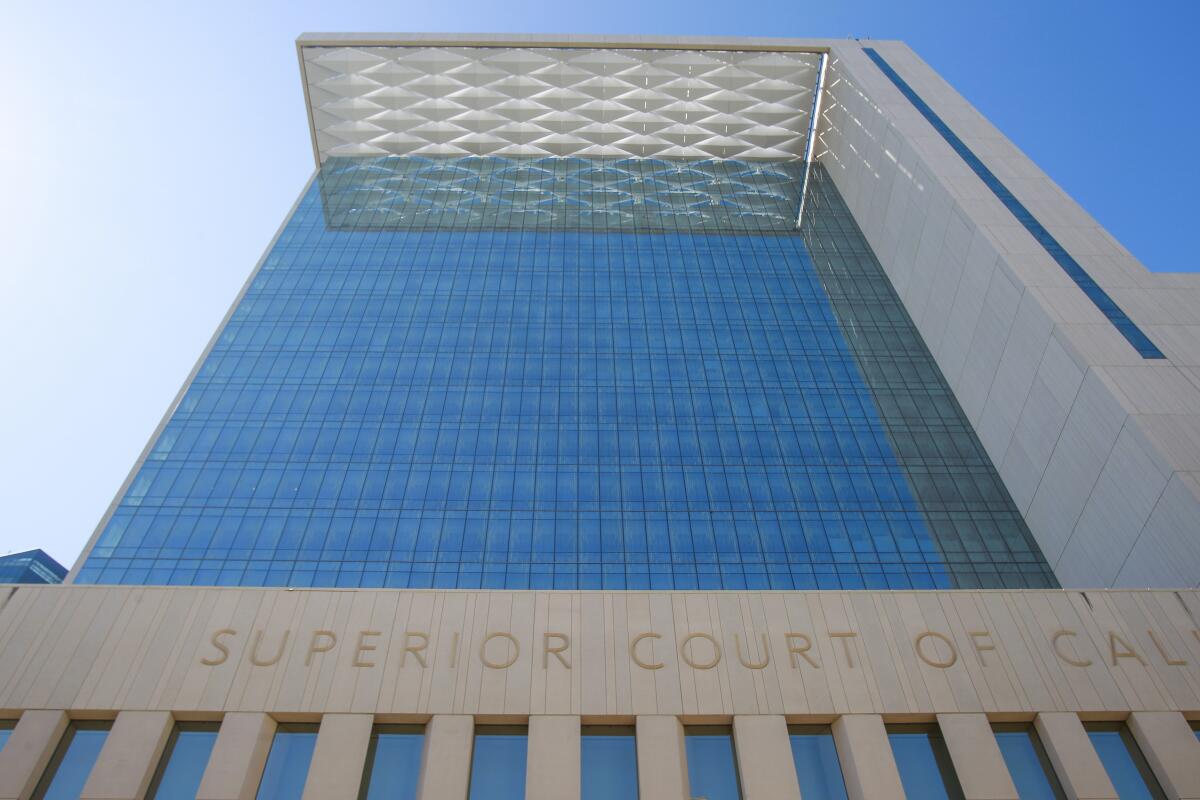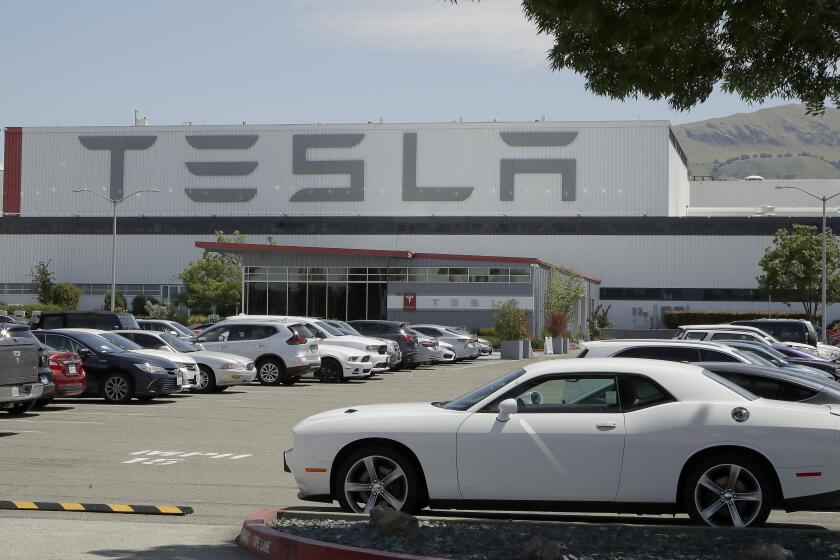Expect more corporate litigation over social issues

- Share via
Climate-related lawsuits such as those filed against energy companies Exxon Mobil Corp., Shell and PG&E Corp. have dominated ESG litigation — for environmental, social and governance — in recent years. But there are signs an increase in cases extending beyond the environmental pillar of ESG may be coming.
More government and investor scrutiny of labor conditions and supply chains will boost the amount of corporate disclosure in those areas, said Nneka Chike-Obi, a director for sustainable finance at Fitch Ratings. That will give stakeholders the opportunity to glean discrepancies between what companies disclose and what they actually do, she said in a report last week. And those discrepancies will form the basis of lawsuits seeking redress.
“Climate is obviously the most pressing existential threat to the environment, but a lot of other topics are now getting more targeted regulation,” Chike-Obi said in an interview.
When it comes to social litigation, the frequency of cases is often tied to wider societal events. For example, the pandemic triggered a flood of U.S. workplace litigation, with 4,200 COVID-related lawsuits since early 2020, mostly in healthcare, according to the Fitch report. And a greater awareness of workplace discrimination against women, spurred on in recent years by the #MeToo movement, has helped fuel more gender-discrimination litigation.
Employment-related lawsuits are, of course, nothing new. But high-profile claims of alleged discrimination can be a blueprint for future cases. This month, California sued Tesla Inc. for racial discrimination and harassment after finding widespread mistreatment of Black workers at its Fremont factory.
Racist slurs were hurled daily at Black workers at Tesla’s California plant, delivered not just by fellow employees but also by managers and supervisors, California’s civil rights agency alleges in an explosive lawsuit filed against the company Thursday.
That came on the heels of a landmark case involving a Black man who worked as a contractor for the EV maker. He alleged pervasive racism at Tesla and was ultimately awarded $137 million, believed to be the largest such verdict of its kind. (The award may eventually be reduced).
“The seeds are there,” Chike-Obi said. “And given that employment litigation has already been increasing in the past year or two, I don’t see any reason why there wouldn’t be anything related to discrimination or racial issues, given that we’ve seen it with gender issues.”
But it won’t be just lawsuits filed by employees on social issues. Litigation could also come from investors. Chike-Obi pointed to sustainability bonds, which have enjoyed growth in recent years.
If companies make misrepresentations in bond documentation about how proceeds are used for training for under-represented minorities or increasing the number of minority-owned suppliers, those are potentially subject to claim if the company falls short, she said.
“Essentially the more sustainable bond issuance, the more sustainability information is subject to securities law,” Chike-Obi said.
More to Read
Inside the business of entertainment
The Wide Shot brings you news, analysis and insights on everything from streaming wars to production — and what it all means for the future.
You may occasionally receive promotional content from the Los Angeles Times.











